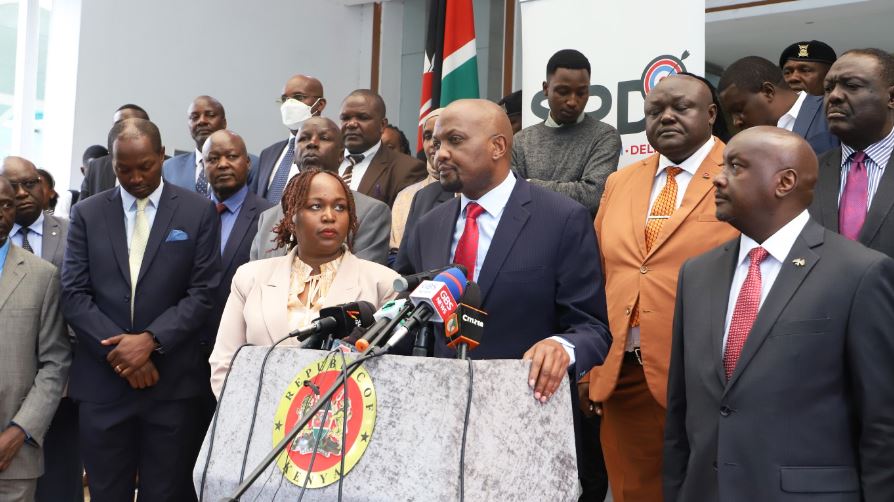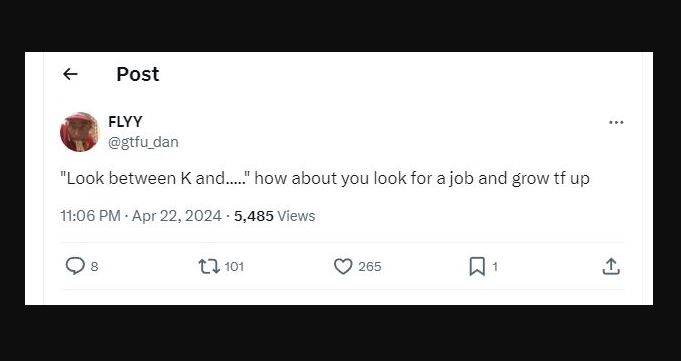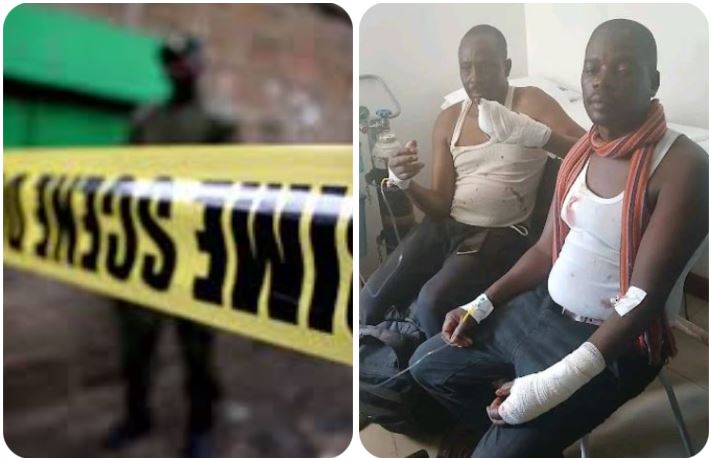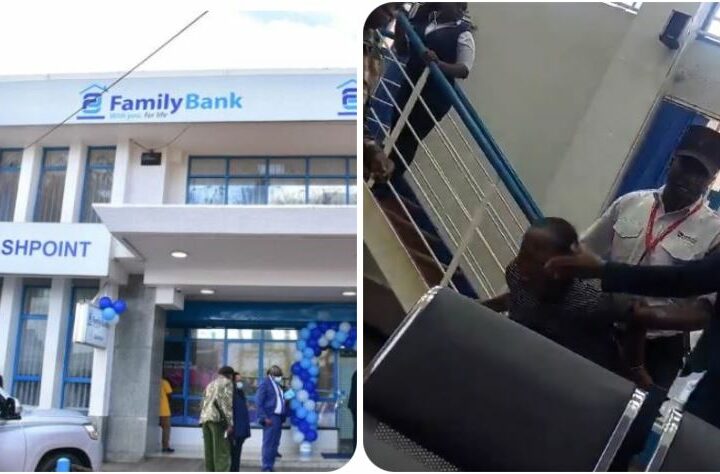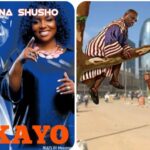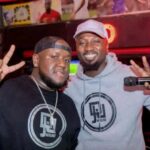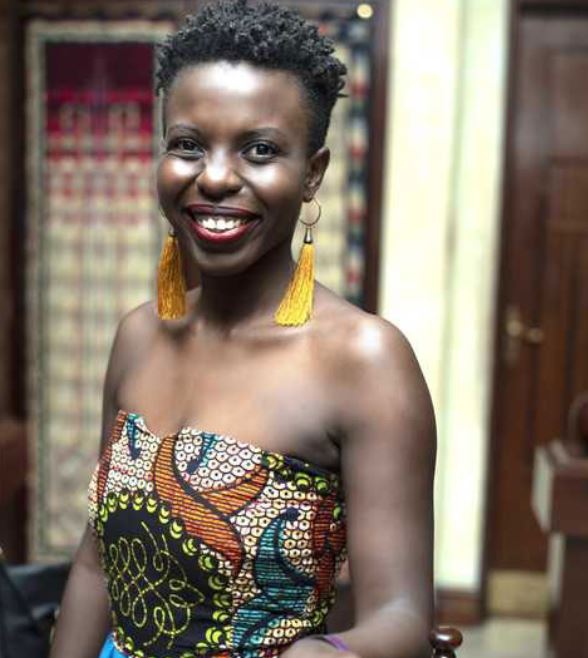
She is also a dance instructor, choreographer, performer and promoter. She has also served as a judge in several dance competitions such as Orange Beat Ya Street.
Additionally, Marion is also one of the founders of KIKE, a collective of creatives that empower women and society through dance.
How did you get into dancing, and what was dancing in Havana like?
I started dancing in primary school. I always loved being active and drama club was an amazing outlet. I love music, and growing up listening to my parents play ‘zilizopendwa’ and Congolese rumba music always got me moving.
My passion for music and dance grew stronger in university, where my friends and I danced together for hours on end as a co-curricular activity, learning different choreographies, and eventually daring to represent Kenya and Africa in international salsa competitions such as the Berlin Salsa congress. And we bagged awards!
This passion turned into my career soon after realising that one can actually pursue dance as a profession. As I delved further into training, it took time and a lot of working smart to set up Dance Factory Kenya. DFK was born after connecting the need for more opportunities for dance, specifically Afro Latin dance, in Kenya and East Africa.
I recently got to travel and train in Cuba. Dancing in Havana was bliss; soaked in culture, music, and art. The experience and atmosphere was out of this world. In some crazy way I felt at home. I remember dancing and feeling like a bird in my element, happy and one with nature.
I appreciate the traditional values and ways of life that are an integral part of Cuba’s cultural heritage. I also got to understand the different styles of Cuban dance and music. Salsa is derived from Son. Son was the national dance of Cuba before the Cuban Revolution in 1959, but the Fidel Castro administration designated the rumba as the country’s official dance because it emphasises Cuba’s African heritage.
The lively music and dance form emerged in the mid-19th century, when the drumming of enslaved Africans blended with the melodies of Spanish colonisers.
It was a protest of sorts, a vital form of self-expression for people denied other freedoms. Slavery was abolished in Cuba by 1886, yet the dance and music continued to evolve.
Why do you think Kenyans have really got into dancing in the past few years, particularly with Afro Latin dances?
Kenyans are slowly beginning to appreciate the benefits of dance. DFK has been vital in the growth of our dance scene as we offer private and group dance classes for kids and adults, team building for corporates, themed dance parties, entertainment options such as live bands, a DJ and performers, wedding choreographies, crowd involvement, dance therapy and couples dance retreats.
We are giving Kenyans different ways to use dance as a tool to happiness — from better physical and mental health to a boost in emotional and social well-being. Moving your body to the sound of music can transform your life. This is why I dance and continue to share the love of dance, to help better the lives of others.
Where can we find what DFK offers?
We have monthly parties at Nairobi Serena Hotel and The Village Market, weekly parties at ArtCaffe Oval in Westlands and weekly classes in Lavington, and even private classes in the comfort of your home or at the studio. Some of our corporate clients include Capital Club East Africa and Muthaiga Country Club, to mention a few who love the extra spice of life we bring to make their events top notch and bespoke.
You’ve danced on some pretty amazing stages in your life, like for international stars Sauti Sol. What are some of your favourite stages, or performances, or even awards?
Bragging rights! In 2013, I was one of the Berlin Stargate champions. I was also the Ceroc 2015 Dance Champion. In addition to the regional workshops I host in East Africa, I have taught and performed in Germany (Berlin Salsa Congress), South Africa (Mzansi Cape Town Festival and Mother City Dance Festival), Croatia (Croatia Summer Festival) and Nigeria (West African Music and Dance Congress).
I have moderated a seminar at Johannesburg Afro Latin Festival. I am also the only dancer to date who has performed the IGODA full circuit tour. IGODA is a Southern African festival touring circuit that facilitates the movement of artists, creative expression and the celebration of music and culture, encompassing festivals from Mozambique, Swaziland, South Africa and Reunion Island.
True or false—- anyone can learn how to salsa?
Yes, anyone can dance. Dance is like every other skill, if you are determined, consistent and get the proper instruction, you can do it! We have salsa classes, but we also have other dance styles such as bachata, kizomba, and afrobeat. If I was ever the president, I would make everyone dance. It betters one holistically, and what better way to have a thriving community filled with happy people?
Source: myNetwork/Daily Nation
